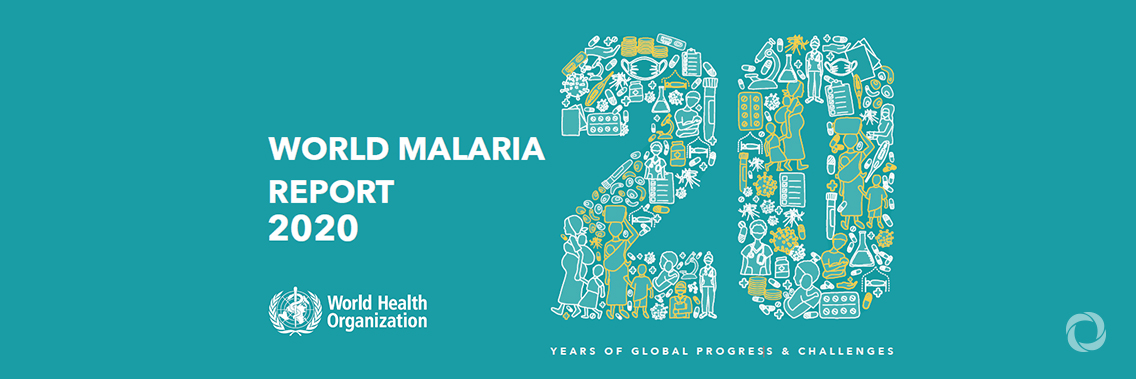The World Health Organization (WHO) is calling on countries and global health partners to step up the fight against malaria, a preventable and treatable disease that continues to claim hundreds of thousands of lives each year. A better targeting of interventions, new tools, and increased funding are needed to change the global trajectory of the disease and reach internationally-agreed targets.
According to WHO‘s latest World malaria report, progress against malaria continues to plateau, particularly in high burden countries in Africa. Gaps in access to life-saving tools are undermining global efforts to curb the disease, and the COVID-19 pandemic is expected to set back the fight even further.
“It is time for leaders across Africa – and the world – to rise once again to the challenge of malaria, just as they did when they laid the foundation for the progress made since the beginning of this century,” said WHO Director-General Dr. Tedros Adhanom Ghebreyesus. “Through joint action, and a commitment to leaving no one behind, we can achieve our shared vision of a world free of malaria.”
In 2000, African leaders signed the landmark Abuja Declaration pledging to reduce malaria deaths on the continent by 50% over a 10-year period. Robust political commitment, together with innovations in new tools and a steep increase in funding, catalyzed an unprecedented period of success in global malaria control. According to the report, 1.5 billion malaria cases and 7.6 million deaths have been averted since 2000.
A funding shortfall at both the international and domestic levels poses a significant threat to future gains. In 2019, total funding reached US $3 billion against a global target of $5.6 billion. Funding shortages have led to critical gaps in access to proven malaria control tools.
COVID-19 an added challenge
In 2020, COVID-19 emerged as an additional challenge to the provision of essential health services worldwide. According to the report, most malaria prevention campaigns were able to move forward this year without major delays. Ensuring access to malaria prevention – such as insecticide-treated nets and preventive medicines for children – has supported the COVID-19 response strategy by reducing the number of malaria infections and, in turn, easing the strain on health systems. WHO worked swiftly to provide countries with guidance to adapt their responses and ensure the safe delivery of malaria services during the pandemic.
However, WHO is concerned that even moderate disruptions in access to treatment could lead to a considerable loss of life. The report finds, for example, that a 10% disruption in access to effective antimalarial treatment in sub-Saharan Africa could lead to 19 000 additional deaths. Disruptions of 25% and 50% in the region could result in an additional 46 000 and 100 000 deaths, respectively.
Meeting global malaria targets
This year’s report highlights key milestones and events that helped shape the global response to the disease in recent decades. Beginning in the 1990s, leaders of malaria-affected countries, scientists, and other partners laid the groundwork for a renewed malaria response that contributed to one of the biggest returns on investment in global health.
According to the report, 21 countries eliminated malaria over the last 2 decades; of these, 10 countries were officially certified as malaria-free by WHO. In the face of the ongoing threat of antimalarial drug resistance, the 6 countries of the Greater Mekong subregion continue to make major gains towards their goal of malaria elimination by 2030.
But many countries with a high burden of malaria have been losing ground. According to WHO global projections, the 2020 target for reductions in malaria case incidence will be missed by 37%, and the mortality reduction target will be missed by 22%.
Read the World malaria report 2020.
Original source: WHO

